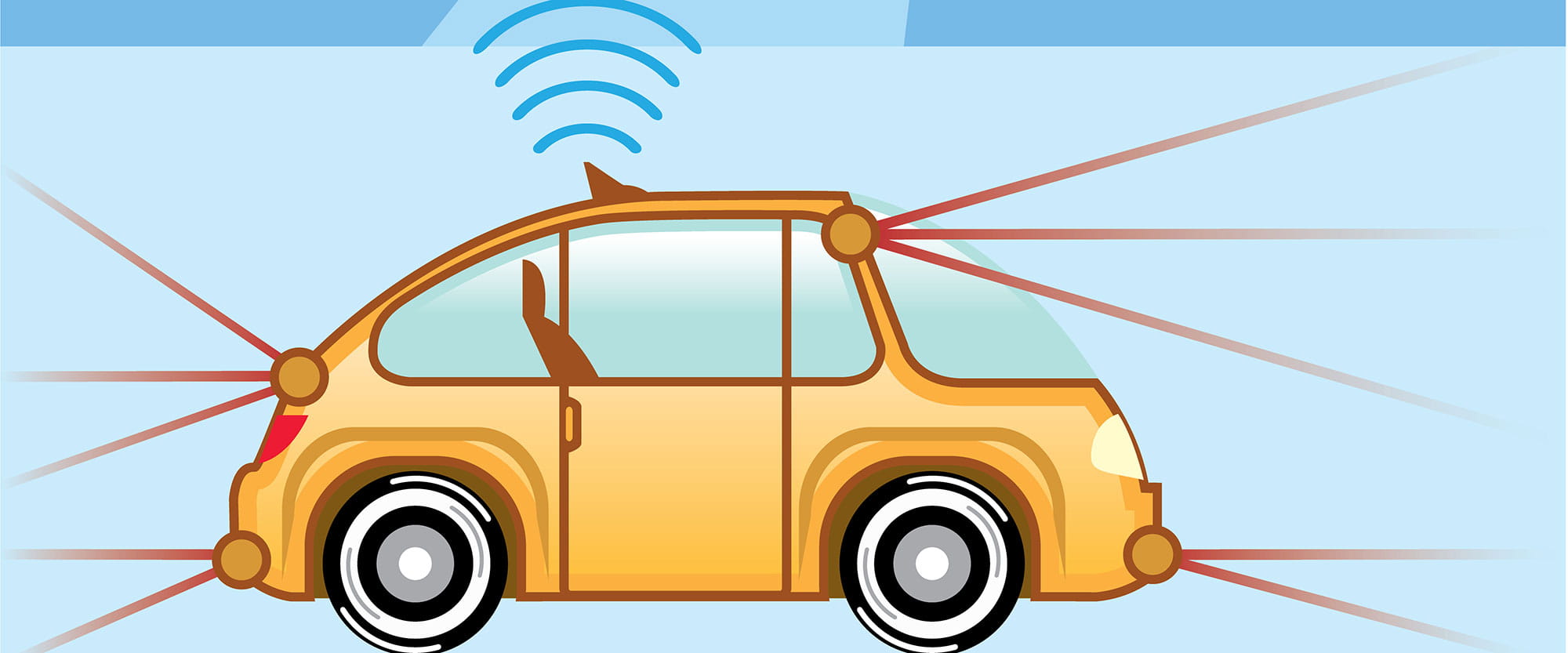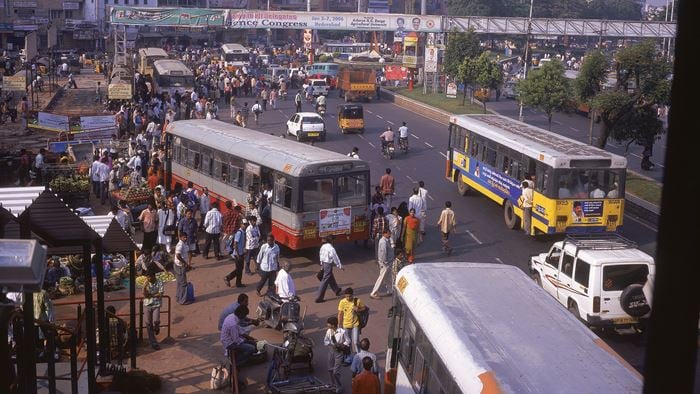When most people think about autonomous vehicles (AVs), it’s as a direct replacement for the private car. But it’s my belief that autonomous vehicles will eventually replace not just private cars but also taxis and buses. This is because people’s changing concepts of ownership will see them become an on-demand service.
Technology is already changing the way people buy other things. Instead of buying a mobile phone outright and keeping it for several years, an increasing number of people are happy to pay a higher monthly premium in exchange for an upgrade to the latest handset every year or two – in effect, renting the phone and service it provides.
Owning music and films on CD and DVD has been replaced by paying to download them digitally. And this is now being replaced by subscription streaming services like Spotify. For a monthly fee you don’t own any music or films; instead you have access to an enormous library, quite literally at your fingertips, on any internet-enabled device.
Transport as a subscription service is not new; season tickets offer unlimited use of public transport within a defined area, although not the flexibility of a private vehicle. Rolling personal contract plans (PCPs) or leasing a vehicle instead of buying upfront is growing at such a rate that there has been speculation that by 2020 no one in the UK will buy new cars.
Of course, a shift from owning a vehicle to renting one could occur without self-driving vehicles. In the UK and the USA, car ownership by young people living in cities is falling. There are already very successful car clubs and bike share schemes, but they are only useful if a vehicle is parked nearby.
AVs would always be nearby. On-demand, or pre-ordered, an AV will drive itself to you. You could also book the most appropriate vehicle – a large car for a family trip to the beach, or a small single-occupancy vehicle for a hospital appointment.
This is why I think AVs will accelerate the trend towards mobility as a subscription service. An AV subscription should be cheaper than a car lease – most of the costs will be ‘shared’ with other users – and offer the advantage of a choice of vehicles delivered to your door, at a time to suit. If this is possible, then why would you then pay again for a conventional taxi? or take a bus which runs to their timetable not yours?
I’m sure autonomous vehicles will first appear on our roads as the latest must-have gadget and as a status symbol – privately owned by the uber-rich. But, ultimately, AVs as a subscription service could cause a paradigm shift in personal mobility.
 ;
;






